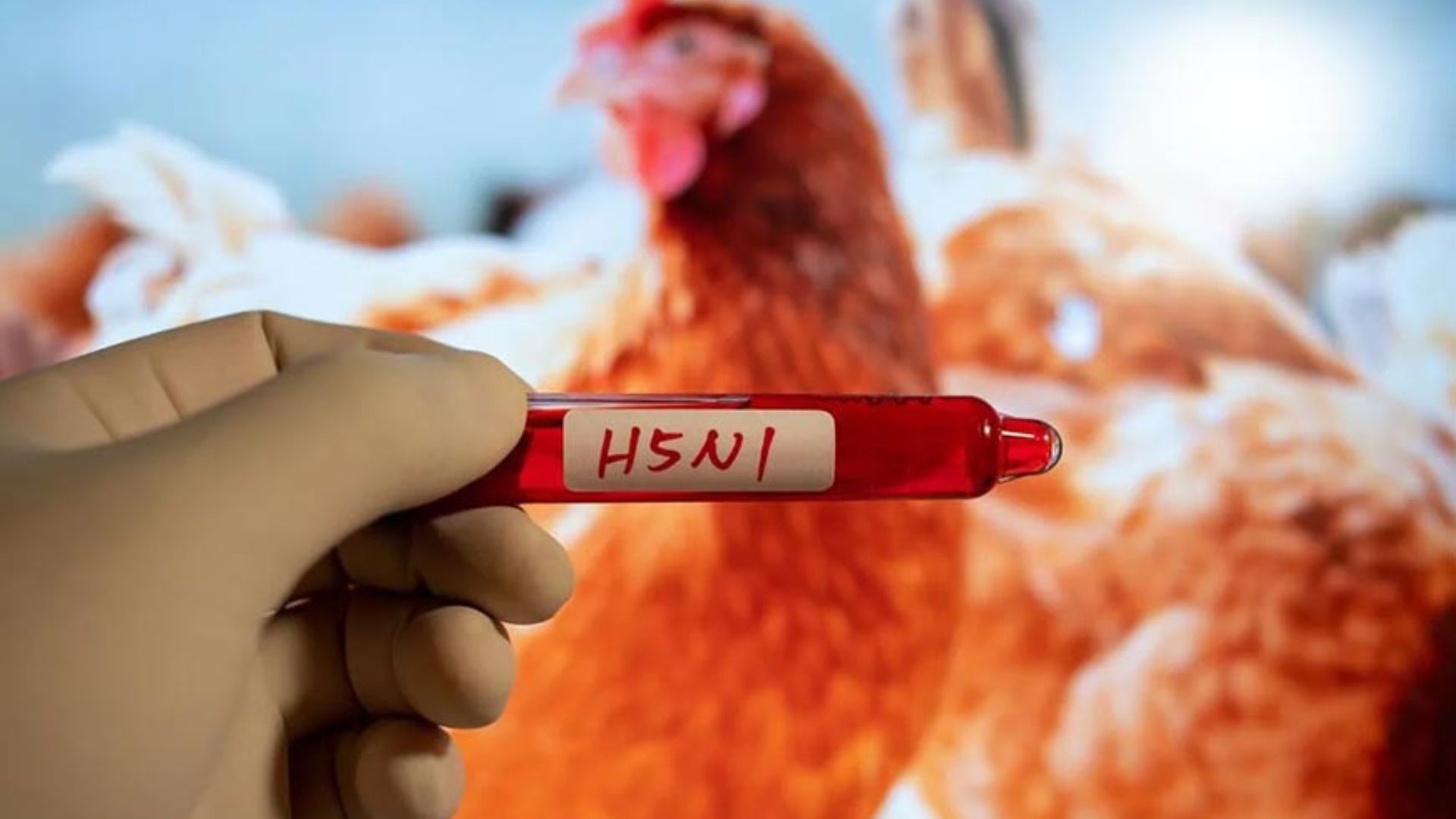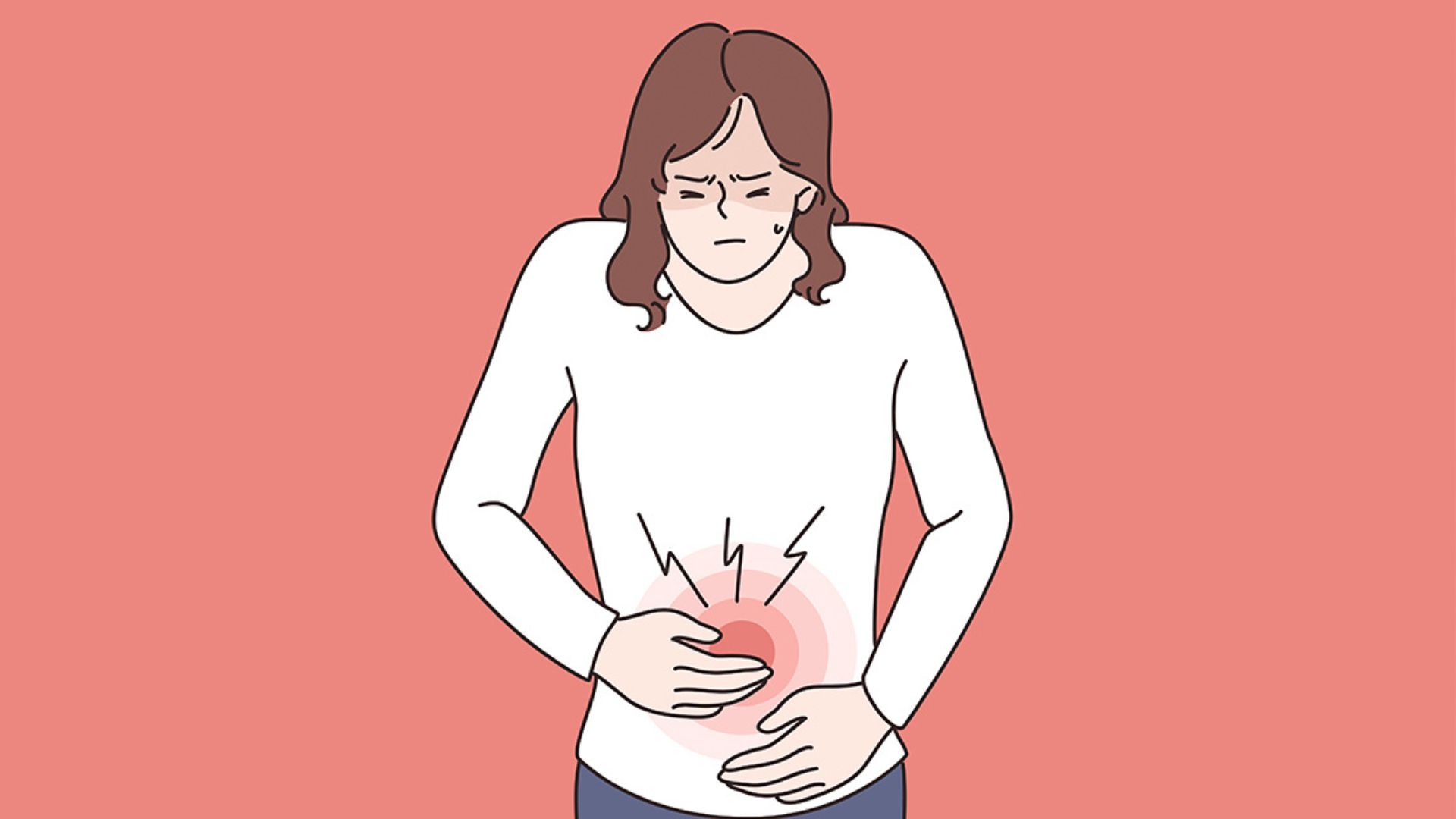A Belgian man has been acquitted of drunk-driving charges due to a rare medical condition known as auto-brewery syndrome (ABS). This condition is characterized by symptoms that can mimic intoxication.
The man’s lawyer, Anse Ghesquiere, mentioned that the man’s job at a brewery was a “strange coincidence.” Nonetheless, three separate medical examinations confirmed his diagnosis of ABS, as reported by Reuters.
Local media reports indicated that the judge observed the man showed no signs of intoxication during the traffic stop.
Dr. Manish K Tomar, a consultant gastroenterologist and hepatologist at Yatharth Hospital, described gut fermentation syndrome (GFS) or auto-brewery syndrome as an uncommon condition where the body produces ethanol in the gastrointestinal tract. This occurs when carbohydrates are converted into alcohol through fermentation by the microbiota in the GI tract.
Who is Affected by ABS?
ABS can affect individuals of any age or gender, but it is more common in people with diabetes, obesity, or conditions that affect the immune system or gut health, according to Dr. Tomar.
“Individuals with genetic polymorphisms of ADH (alcohol dehydrogenase) and ALDH (Aldehyde dehydrogenase) can find it more difficult to metabolize ethanol, which can worsen alcohol intoxication symptoms. Therefore, the interaction between the ADH and ALDH genes and their polymorphisms can contribute to the severity and development of ABS,” Dr. Tomar explained.
Contracting ABS
ABS typically develops in adulthood when there is an imbalance or overgrowth of certain fermentative microorganisms, especially yeasts like Saccharomyces cerevisiae, in the small intestine. This abnormal microbial environment leads to the fermentation of dietary carbohydrates into ethanol, causing intoxication-like effects.
Signs and Symptoms
The signs and symptoms of ABS are similar to those of alcohol intoxication. These include,
- Elevated blood alcohol levels leading to slurred speech, confusion, and flushing of the skin.
- Individuals with this condition may also experience gastrointestinal symptoms such as bloating, flatulence, and diarrhea.
Management of ABS
To reduce the substrates provided by food for fermentation in the intestines, Dr. Tomar recommended making some changes to the regular diet, such as limiting carbohydrate and sugar intake. In some cases, individuals are given probiotics or antifungal drugs to restore normal levels because their imbalance has led to excessive ethanol production. There are also antibiotics that target specific yeasts or bacteria responsible for overproduction of alcohol. It is also essential to treat any other health problems that promote the development of auto-brewery syndrome, such as diabetes or immunodeficiency disorders.














